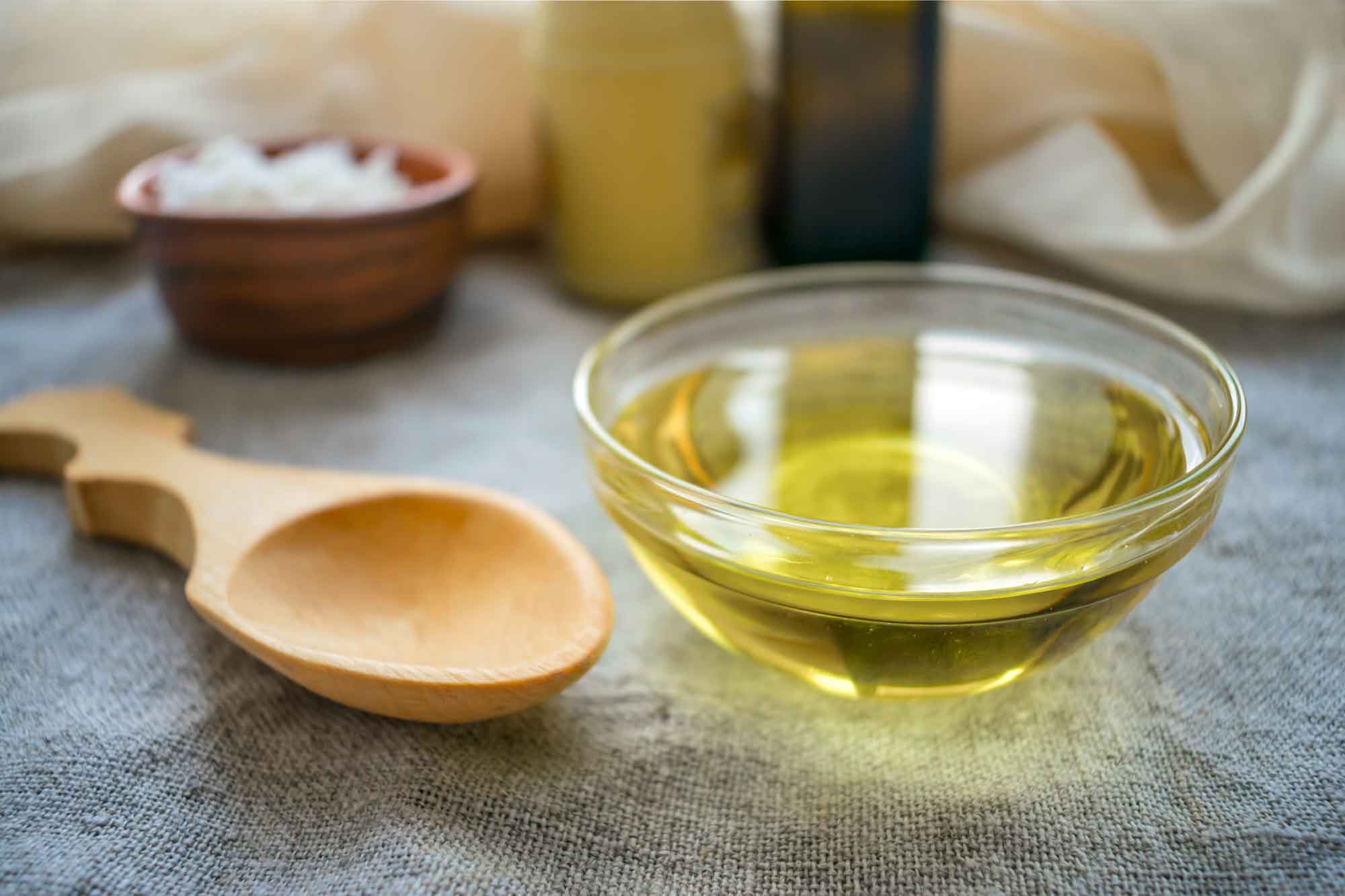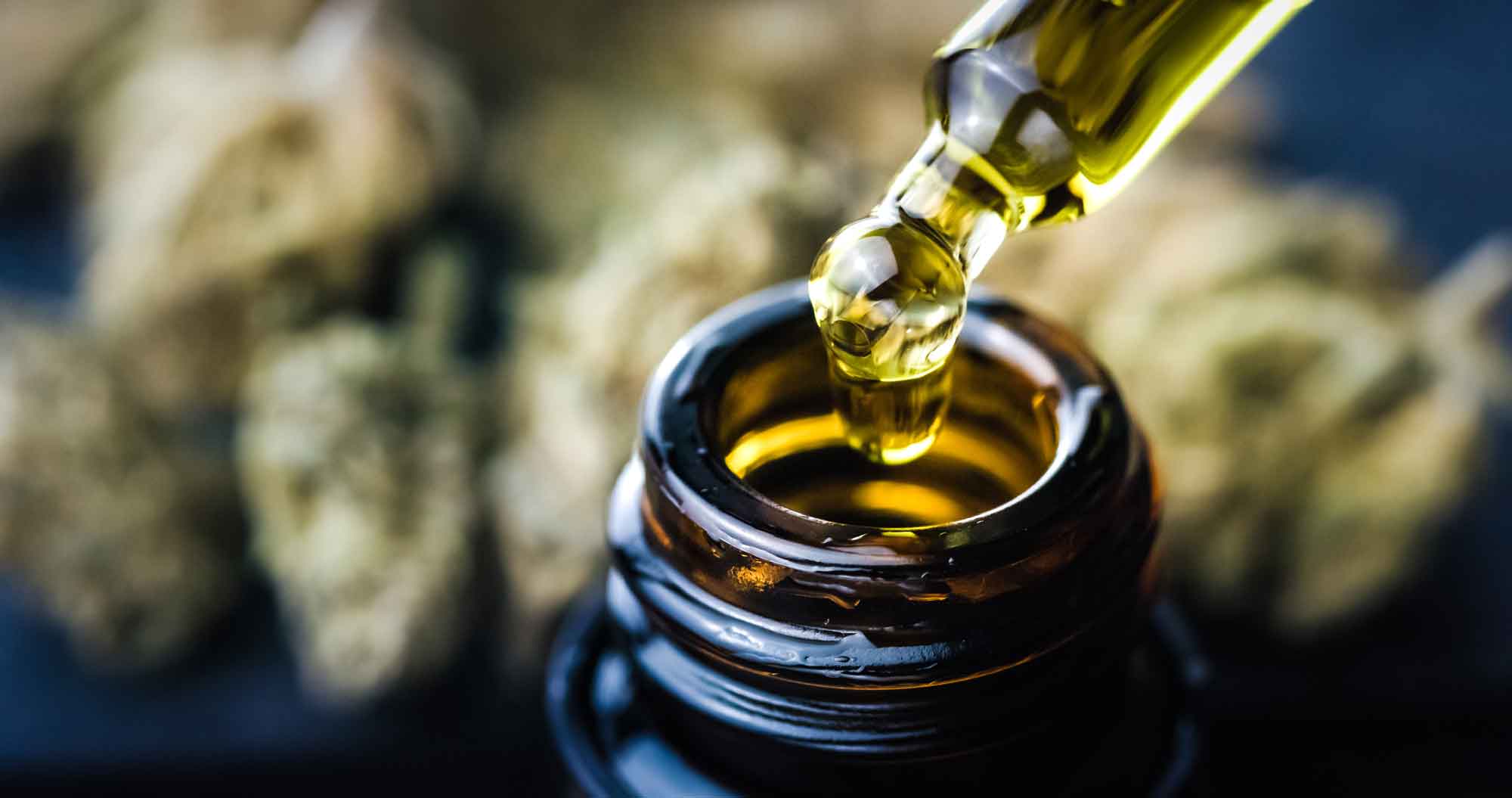
What's MCT Oil?
WRITTEN BY TRANG TRAN AND DR. SWATHI
Popular as a fitness supplement and commonly used in those on a ketogenic diet, you may have run into medium-chain triglycerides, or MCT oil, while at health food stores.
There are three types of fats: short chain (<6 carbons), medium chain (6-12 carbons), and long chain (13-21 carbons). Compared to long-chain triglycerides (LCTs), which require enzymes or bile acids for digestion and are transported as chylomicrons in the lymphatic system, MCTs, having a lower molecular weight, are transported directly to the liver as medium-chain free fatty acids (MCFA) via the portal venous system where most of them are utilized directly. Hence, MCTs bypass the peripheral tissues making them less likely to be deposited into the adipose tissue (also known as fat tissue) as well as provide an immediate boost of energy.
MCT oil can be derived from coconut oil and refined to isolate the MCTs, but it is important to note that MCT oil and coconut oil are not interchangeable, since coconut oil also contains some long-chain fatty acids (LCFA), thereby making it more difficult to digest compared to MCT oil. In essence, MCT oil contains 100% MCTs whereas coconut oil contains slightly more than 50% MCTs in addition to LCFA. MCTs consist of capric, caprylic, and lauric acids, and, while coconut oil does contain these components, lauric acid is found in much larger quantities and works like long-chain fatty acids in terms of absorption and digestion.
MCT oil can increase satiety and thus help with weight loss; potential mechanisms for the increased satiety could be due to the production of ketone (an alternative form of energy that is produced from breaking down fats) due to increased levels of acetyl-CoA, a type of coenzyme that is necessary to oxidize fatty acids. Another mechanism that could contribute to increased satiety is the rapid rate of absorption of MCT. It has been shown that MCT increases satiety more than coconut oil suggesting that coconut oil cannot be deemed as having similar effects to MCT oil.
Research has shown that subjects with abdominal obesity on a high MCFAs dietary intervention were protected from an increase in body fat accumulation compared to those with low MCFAs dietary intervention due to MCFAs-induced expression of genes that are associated with increase in energy metabolism, an increase in fatty acid oxidation, and a decrease in fatty acid uptake in adipose tissue. Consumption of MCT is also known to produce a greater thermic effect, or metabolic rate, when compared with LCT.
In addition to increasing satiety and preventing fat accumulation, studies have shown some degree of improvement in memory recall after consumption of MCT. This is because MCT produces ketones that can be used by the brain. In the case of Alzheimer’s disease, the brain’s ability to use glucose is decreased and thus it is postulated that MCT oil supplementation may help improve cognitive function.
MCT, specifically the lauric acid component, may also improve gut microbiota and intestinal health as it possesses antimicrobial, antiviral, and antifungal properties. Research has shown that lauric acid can exert a potent inhibitory effect against Clostridium difficile, a bacterium that causes diarrhea and is resistant to many prescription antibiotics. Lauric acid can also combat Candida albican, a common disease-causing yeast.
As MCT requires no enzymes or bile acids to digest, it is suitable for use in people who have digestive disorders such as malabsorption issues and pancreatic insufficiency. If you are on a ketogenic diet, MCT oil can help your body maintain a state of ketosis, the state in which your body burns fat for fuel rather than carbohydrates for fuel. However, if you are not following a ketogenic diet, MCT oil can help you feel fuller longer and improve your cognitive function.
Unlike coconut oil, which can be used for cooking and baking, MCT oil has a low smoke point and thus it is best served in smoothies, salad dressings, coffee, tea, or matcha. It is worth mentioning that taking excessive amounts of MCT oil or coconut oil could cause stomach discomfort, cramping, bloating, and diarrhea. Hence, it is best to start low (i.e., one teaspoon) and go slow, increasing the dose as tolerated to a maximum daily dose of about four tbsp. Check out our original recipe below for Dr. Swathi's Magical Matcha Latte:
INGREDIENTS (1 serving)
1 tbsp ceremonial grade matcha
2 tbsp warm water (~70 F)
1 cup non-dairy mylk
1 tbsp MCT oil
1 tbsp pure maple syrup
DIRECTIONS
- In small bowl (chawan), use matcha whisk (chasen) to whisk matcha powder and warm water until thick paste forms.
- In a saucepan, bring mylk to a simmer on medium-low.
- Add matcha paste, warmed mylk, and remaining ingredients to blender. Blend until smooth and creamy. Serve in your favorite mug. Cheers!
Through a partnership with ClearForMe, all of the ingredients in our products are easy to learn about with a click of a button. To learn more about which Elēment Apothēc products have MCT oil, check out Caprylic/Capric Triglyceride.
Resources
- Clegg ME. They say coconut oil can aid weight loss, but can it really?. European Journal of Clinical Nutrition. 2017;71(10):1139-1143.
- Maher T, Kinsella R, Clegg M. The effect of coconut oil and MCT on satiety and food intake. Proceedings of the Nutrition Society. 2017;76.
- Matualatupauw JC, Bohl M, Gregersen S, Hermansen K, Afman LA. Dietary medium-chain saturated fatty acids induce gene expression of energy metabolism-related pathways in adipose tissue of abdominally obese subjects. International Journal of Obesity. 2017;41(9):1348-1354.
- Rial S, Karelis A, Bergeron K-F, Mounier C. Gut Microbiota and Metabolic Health: The Potential Beneficial Effects of a Medium Chain Triglyceride Diet in Obese Individuals. Nutrients. 2016;8(5):281.
- Shah ND, Limketkai BN. The Use of Medium-Chain Triglycerides in Gastrointestinal Disorders. Practical Gastroenterology, 2017. med.virginia.edu/ginutrition/wp-content/uploads/sites/199/2014/06/Parrish-February-17.pdf.
- St-Onge M-P, Mayrsohn B, O’Keeffe M, Kissileff HR, Choudhury AR, Laferrère B. Impact of medium and long chain triglycerides consumption on appetite and food intake in overweight men. European Journal of Clinical Nutrition. 2014;68(10):1134-1140.
This article was edited by Dr. Swathi and was written by Element Apothec Scientific Communications Intern, Trang Tran. She is a Doctor of Pharmacy (PharmD) student at Oregon State University and Oregon Health & Science University College of Pharmacy in Portland, Oregon.











